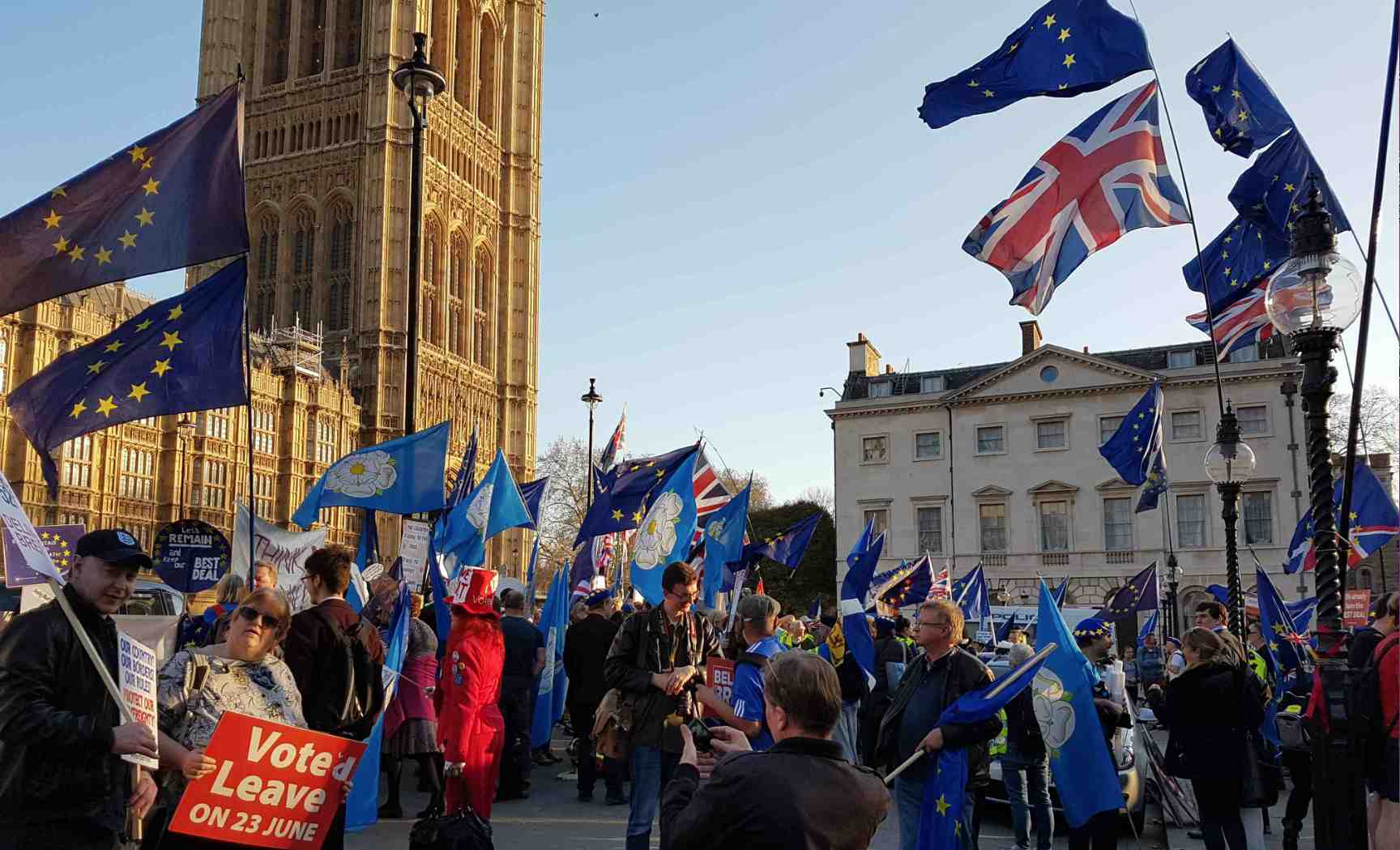
Following the break down of talks between the Conservatives and Labour last week, Prime Minister Theresa May is planning to bring her withdrawal deal back to Parliament for the fourth time in early June.
May has pledged a “bold, new offer” to try to win Labour support for the agreement, reported to centre on employment rights and environmental standards. But with the opposition already indicating it will oppose it in the absence of a cross-party deal, and still split on the issue of seeking a second vote on the final deal, a fourth rejection looks overwhelmingly likely.
So weeks after the EU agreed an extension of Article 50 to 31 October – now just over 160 days away – there seems to have been little progress, despite appeals by President of the European Council Donald Tusk not to waste the additional time.
Number 10 had been informally saying that if the deals doesn’t get passed at the fourth attempt, the stark choice will be no-deal or revoking Article 50 and placing the entire Brexit process on hold, adding further uncertainty.
Cabinet is meeting this week, with suggestions that preparations will be stepped up even further for no-deal, and pressure building on Theresa May to give a firm date for departing as other senior conservatives including Boris Johnson and Esther McVey start to discuss their own plans to run for leader.
Speaking to the BBC this morning, Chancellor Philip Hammond said that “to advocate for no deal is to hijack the result of the referendum and in doing so knowingly to inflict damage on our economy and our living standards.”

Steve Bates
BioIndustry Association (BIA) chief executive Steve Bates said during a Brexit webinar last week that while there does not seem to be any sign yet of a cross-party deal that could make it through Parliament, at least there seems to be a broad consensus “around the need for continued close co-operation and engagement” with the life science sector.
“With the European elections taking place this week, in both the UK and across the EU, BIA will be concentrating on ensuring that UK MEPs understand the priorities of the sector,” said Bates.
The European elections are being viewed as an opportunity to take the temperature of the UK public on Brexit, and polls suggest that The Conservatives and Labour are both facing steep declines, with voters planning to put their marks behind parties with an unequivocal position on Brexit.
Nigel Farage’s newly launched Brexit party appears to be riding high, with Remain-leaning parties such as the Liberal Democrats and Greens also expected to make gains, although Change UK seems to be losing ground to the Lib Dems.
Turnout for European elections tends to be very low in the UK, so it will be interesting to see if voters turn out in numbers to register their displeasure with the top two parties and their handling of Brexit.
The BIA says that when it comes to no-deal, the position of the government is that 31 October is the only date on which this can occur, and has asked the biopharma industry to keep all measures such as stockpiling in place “but on hold until further guidance is available.”




